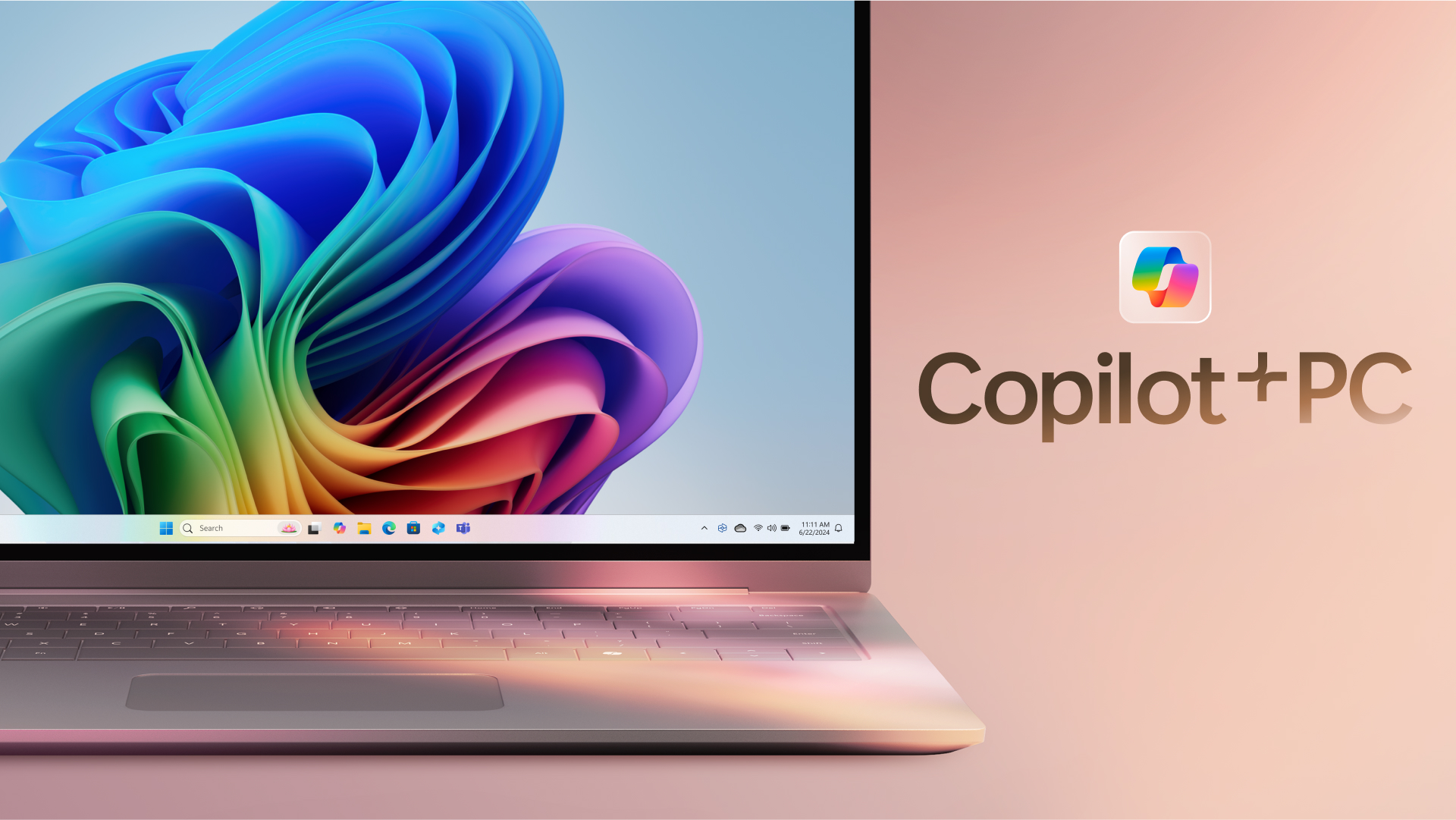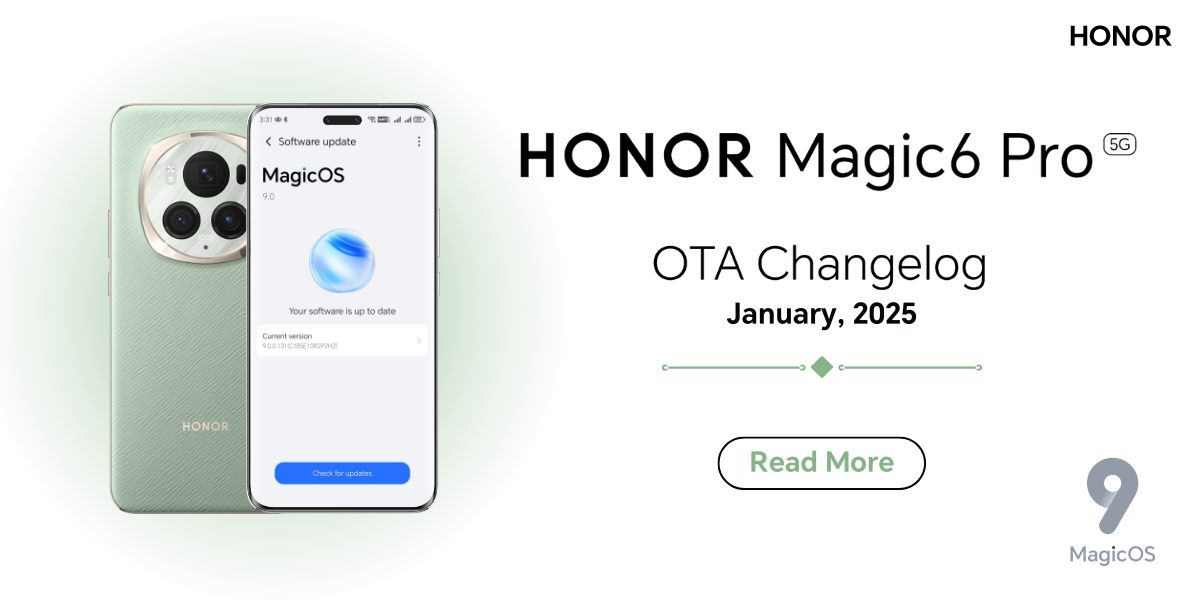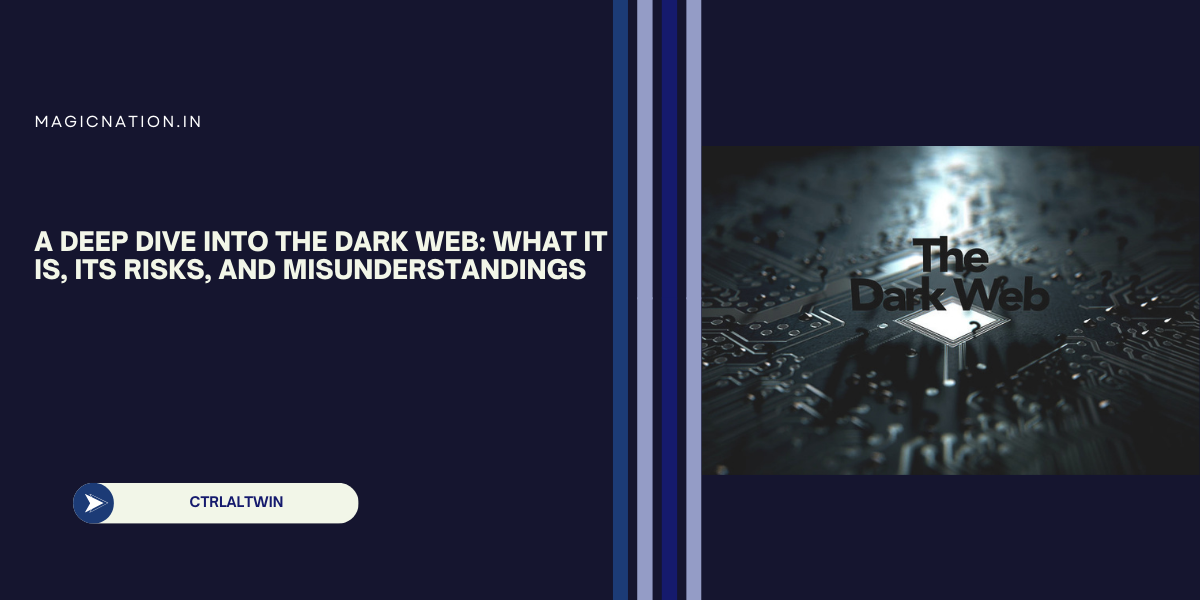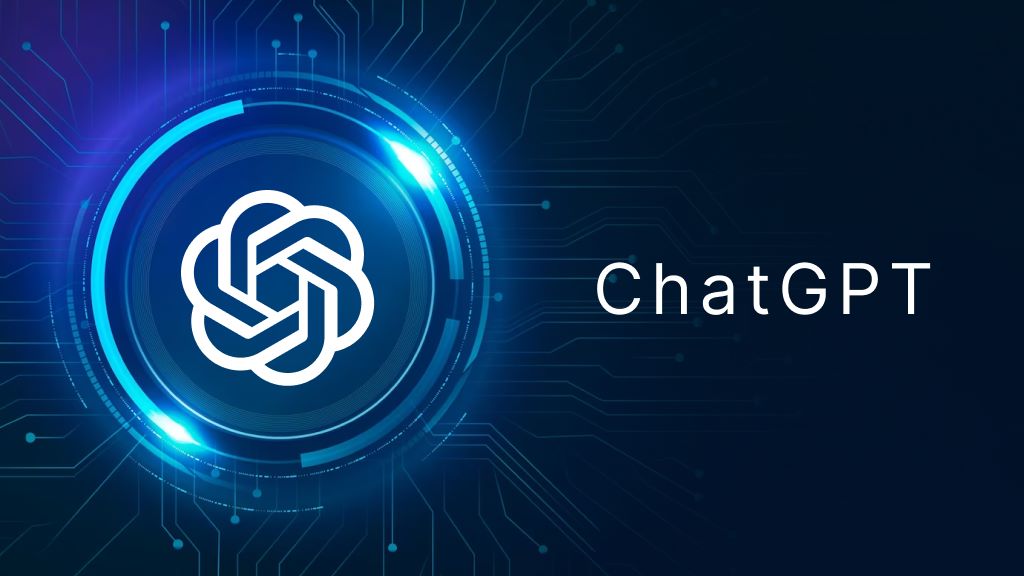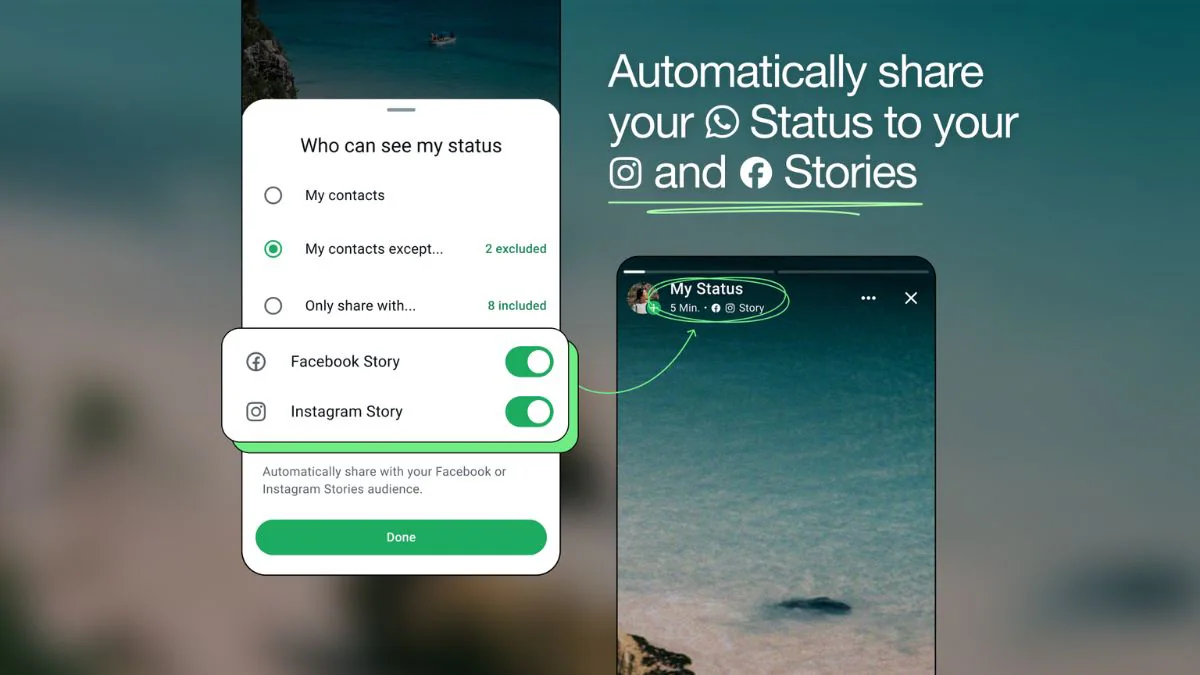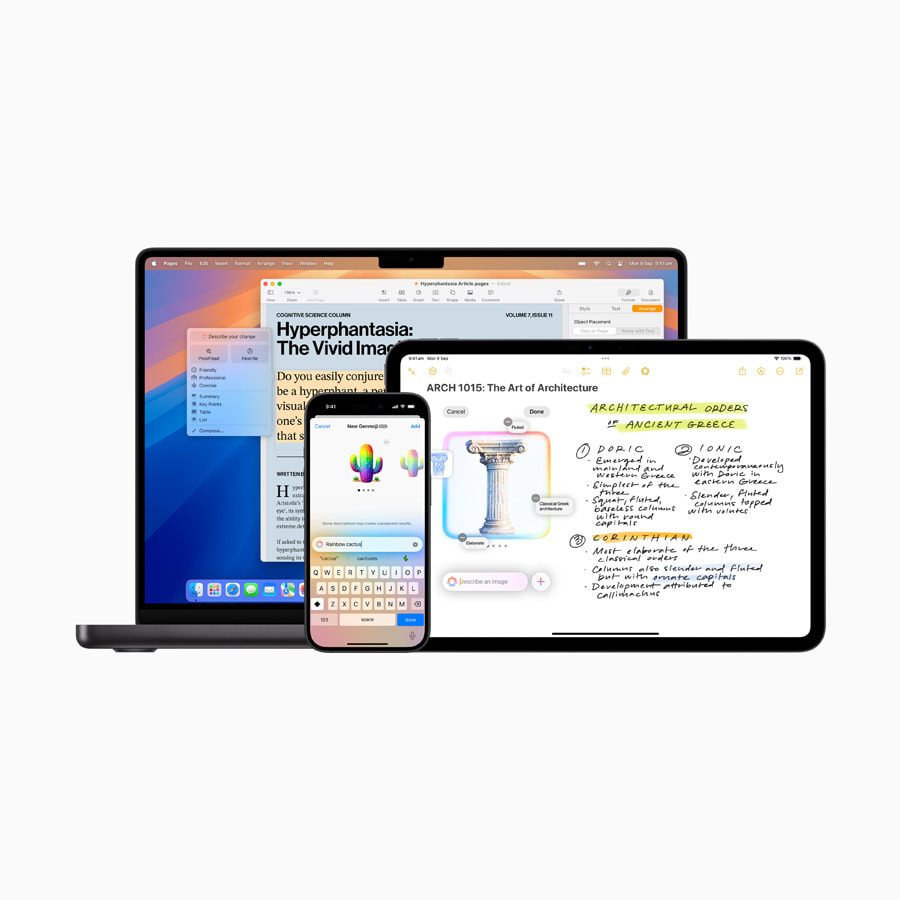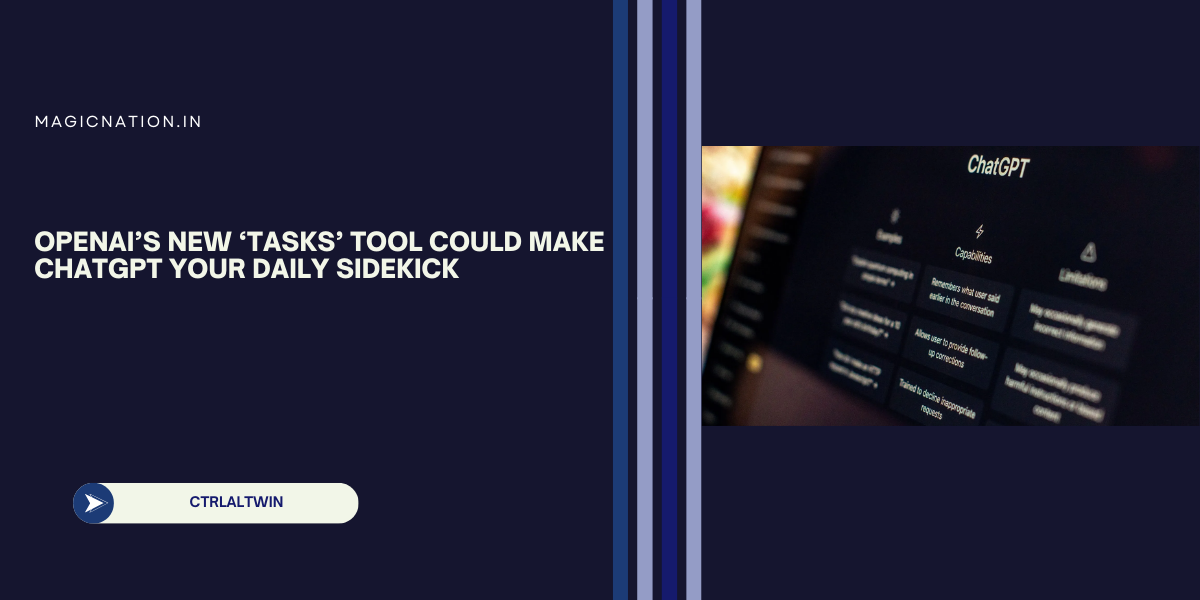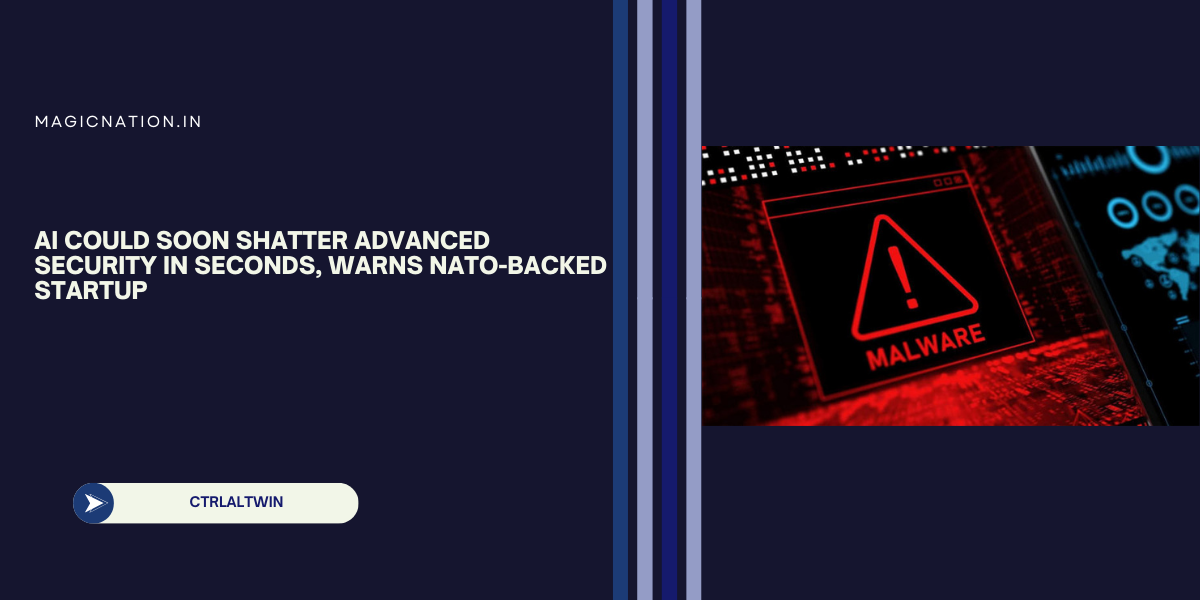
Did You Know How Torrent Technology works?Did You Know
Instead of relying on a central server to distribute files, torrents use a decentralized method where files are split into smaller pieces and shared directly among users.
This process involves several key components:

How Torrent Works:
- BitTorrent Protocol: This protocol enables users to download files from multiple sources at once by connecting to various peers.
- Torrent Files and Magnet Links: Torrent files contain metadata about the files to be shared, while magnet links directly reference the file’s unique hash value, bypassing the need for a torrent file.
- Seeders and Leechers: Seeders are users who have the complete file and share it with others, whereas leechers are still downloading the file. The more seeders there are, the faster the download speed for everyone.
- Trackers: Trackers are servers that help peers find and connect with each other, though some torrent clients use Distributed Hash Table (DHT) to eliminate the need for centralized trackers.

Common Use Cases:
- Software Distribution: Open-source projects, like Linux distributions, use torrents for efficient file sharing.
- Entertainment: Torrents have been used for distributing copyrighted material, leading to legal controversies.

Legal and Ethical Concerns:
Torrenting itself is legal, but its association with piracy has led to legal challenges. Many governments and copyright holders monitor torrents and may take action against illegal sharing. Nonetheless, torrents have legitimate uses, especially in academic settings for large dataset distribution.
Key Legal Battles in Torrenting:
The Pirate Bay, a popular torrent site, faced legal action from the Motion Picture Association of America (MPAA) and other organizations. In 2009, Swedish courts convicted the site's founders for copyright infringement, resulting in fines and prison sentences. The case highlighted the challenges of enforcing copyright laws in the era of P2P sharing.1. The Pirate Bay Lawsuit (2009)
In this U.S. case, Joel Tenenbaum was sued by Sony Music for illegally sharing music files through torrents. Tenenbaum was ordered to pay substantial damages, which demonstrated the legal risks associated with torrenting copyrighted material. The case also emphasized the large financial penalties that can arise from copyright violations.2. Sony Music v. Tenenbaum (2009)
Rightscorp, a copyright enforcement company, filed lawsuits against individuals who were allegedly sharing copyrighted material through torrents. In these cases, Rightscorp sought damages from alleged infringers, and the cases often involved issues related to the tracking of IP addresses and the accuracy of copyright claims.3. Rightscorp v. Doe (2014)
BMG Rights Management sued Cox Communications for failing to act against users illegally sharing copyrighted material via torrents. The court ruled in favor of BMG, holding Cox Communications liable for not addressing copyright infringement by its users, which set a precedent for internet service provider (ISP) responsibilities in copyright enforcement.4. BMG Rights Management v. Cox Communications (2015)
These cases illustrate the legal risks associated with torrenting copyrighted content and underscore the importance of understanding and adhering to copyright laws.

Modern Evolution:
Though streaming services and cloud computing have reduced torrent use, it remains valuable for decentralized file sharing, particularly in areas with limited access to traditional content delivery networks. Torrents are a pioneering example of decentralized distribution, influencing newer technologies like blockchain.
What are your thoughts on the balance between the benefits and legal risks of torrent technology?









